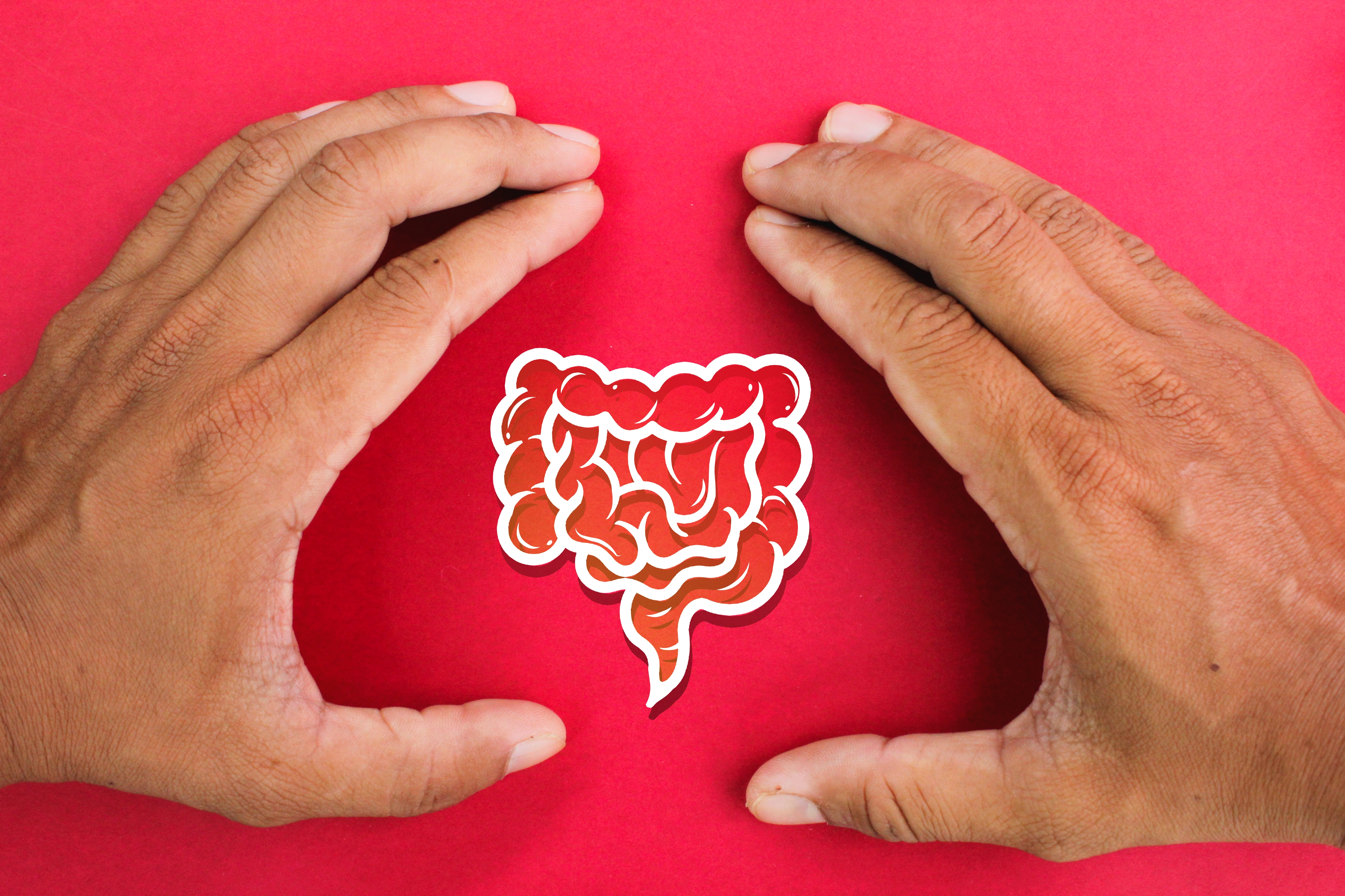10 Powerful Metabolic Health Facts to Transform Your Well-Being for Life
Fact 7: The Importance of Hydration for Metabolic Health

Proper hydration is essential for maintaining metabolic health, as water is involved in numerous metabolic processes, including the transportation of nutrients, the regulation of body temperature, and the elimination of waste products. Dehydration can impair these processes and negatively impact metabolic function, leading to fatigue, reduced cognitive performance, and an increased risk of developing metabolic disorders. Understanding the importance of hydration can encourage individuals to prioritize adequate fluid intake as part of a healthy lifestyle. Water is the primary component of the body's cells, tissues, and organs, and it plays a crucial role in maintaining homeostasis and supporting metabolic processes. Adequate hydration can enhance energy levels, support digestion, and promote healthy skin, all of which are important for overall health and well-being. Additionally, staying hydrated can help regulate appetite and prevent overeating, as thirst is often mistaken for hunger. By prioritizing hydration and consuming adequate amounts of water throughout the day, individuals can support their metabolic health and enhance their overall quality of life.
Fact 8: The Gut Microbiome's Role in Metabolic Health

The gut microbiome, a complex community of microorganisms residing in the digestive tract, plays a significant role in metabolic health. These microorganisms are involved in the digestion and absorption of nutrients, the production of certain vitamins, and the regulation of immune function. Imbalances in the gut microbiome, known as dysbiosis, can disrupt metabolic processes and contribute to the development of metabolic disorders, including obesity, insulin resistance, and type 2 diabetes. Understanding the role of the gut microbiome in metabolic health can help individuals make informed choices to support a healthy gut. A diverse and balanced gut microbiome is associated with better metabolic health and a reduced risk of metabolic disorders. Consuming a diet rich in fiber, prebiotics, and probiotics can support a healthy gut microbiome and promote metabolic health. Prebiotics, found in foods like garlic, onions, and bananas, serve as food for beneficial gut bacteria, while probiotics, found in fermented foods like yogurt and sauerkraut, introduce beneficial bacteria into the gut. By prioritizing gut health and making informed dietary choices, individuals can support their metabolic health and enhance their overall wellbeing.
